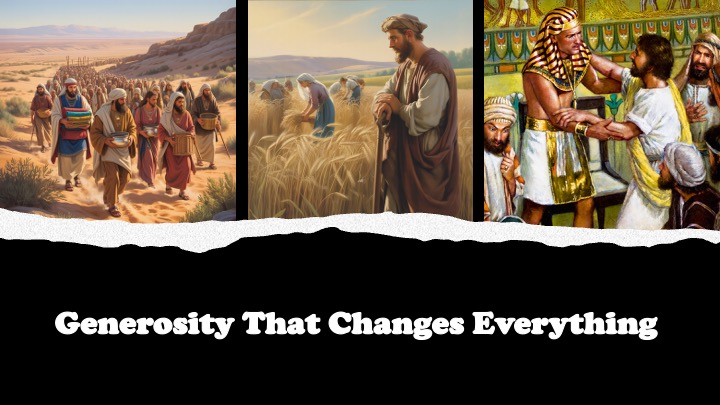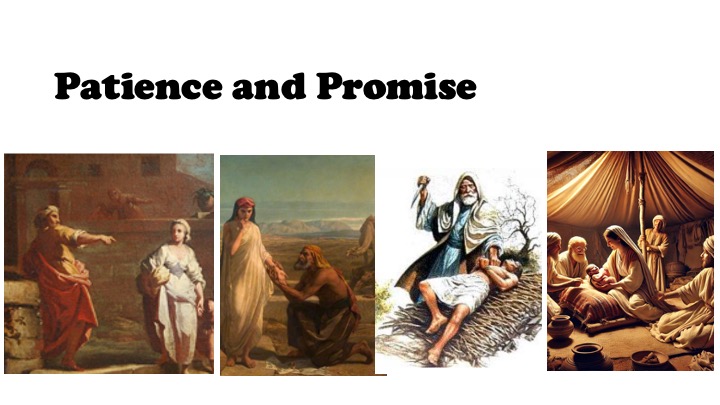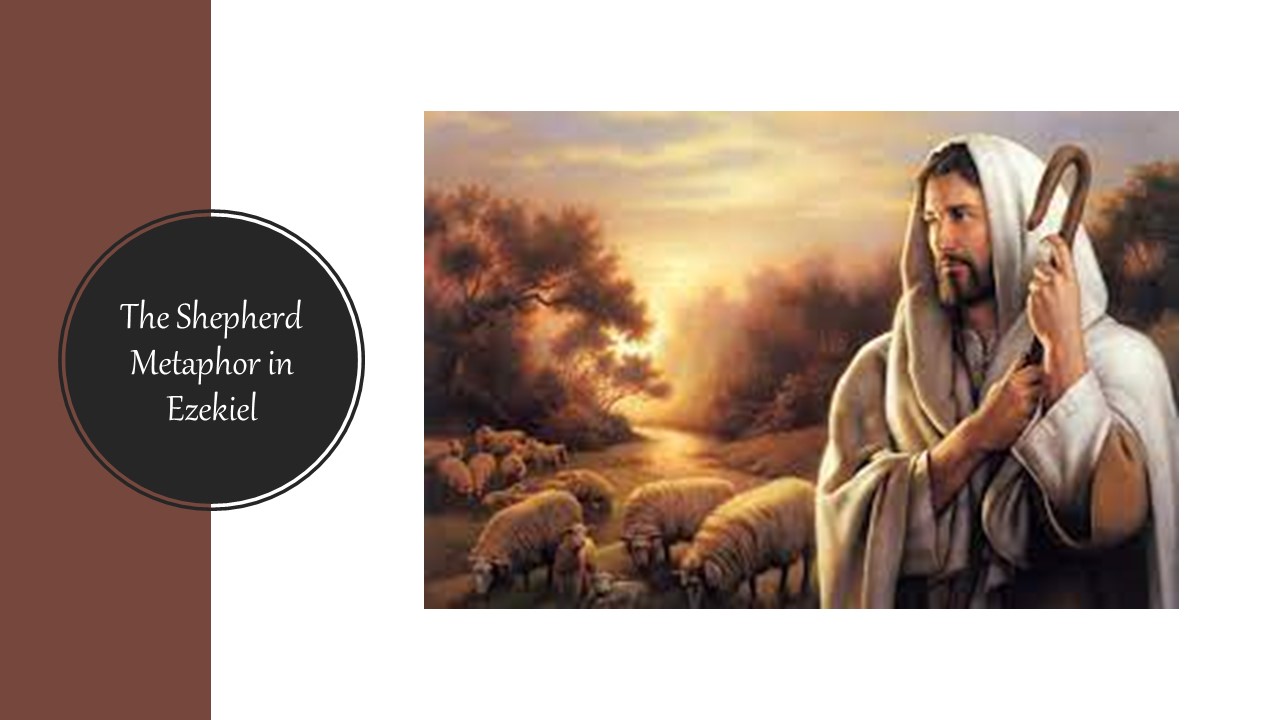Herod's palace was filled with an uneasy atmosphere as the Magi recounted their journey to find a child king, born under a unique star. Herod, intrigued and threatened, demanded details. Balthazar explained that this child represented a different kind of kingship. Despite Herod's desire for concrete information, the Magi remained committed to their celestial guide, unable to provide exact details of the child's location. Herod, masking his true intentions, instructed them to find the child and report back so he could also 'worship' him. Meanwhile, Herod consulted his advisors, confirming from scriptures that Bethlehem was the prophesied birthplace of the king.
The Magi eventually reached Bethlehem, guided by the star, and found Jesus in a humble setting. Overwhelmed, they offered gifts symbolizing his kingship, divine nature, and the suffering he would endure. Their journey concluded with a profound realization of Jesus' significance.
Herod, enraged by the Magi's non-return, ordered the massacre of Bethlehem's male infants, fulfilling a sorrowful prophecy. His rule, already marked by brutality, added a tragic chapter with the innocent blood of children, symbolizing the darkness opposed to the light brought by the newborn king.

True generosity is not sentimental or convenient, but a courageous and often costly act. In today’s episode, we explore ten foundational stories from the...

Isaac, the long-awaited son of Abraham and Sarah, was born through God’s miraculous intervention, marking him as the chosen heir of the covenant. His...

In the Book of Ezekiel, the shepherd metaphor is richly employed to describe various themes and messages. Initially, it depicts the leaders of Israel...